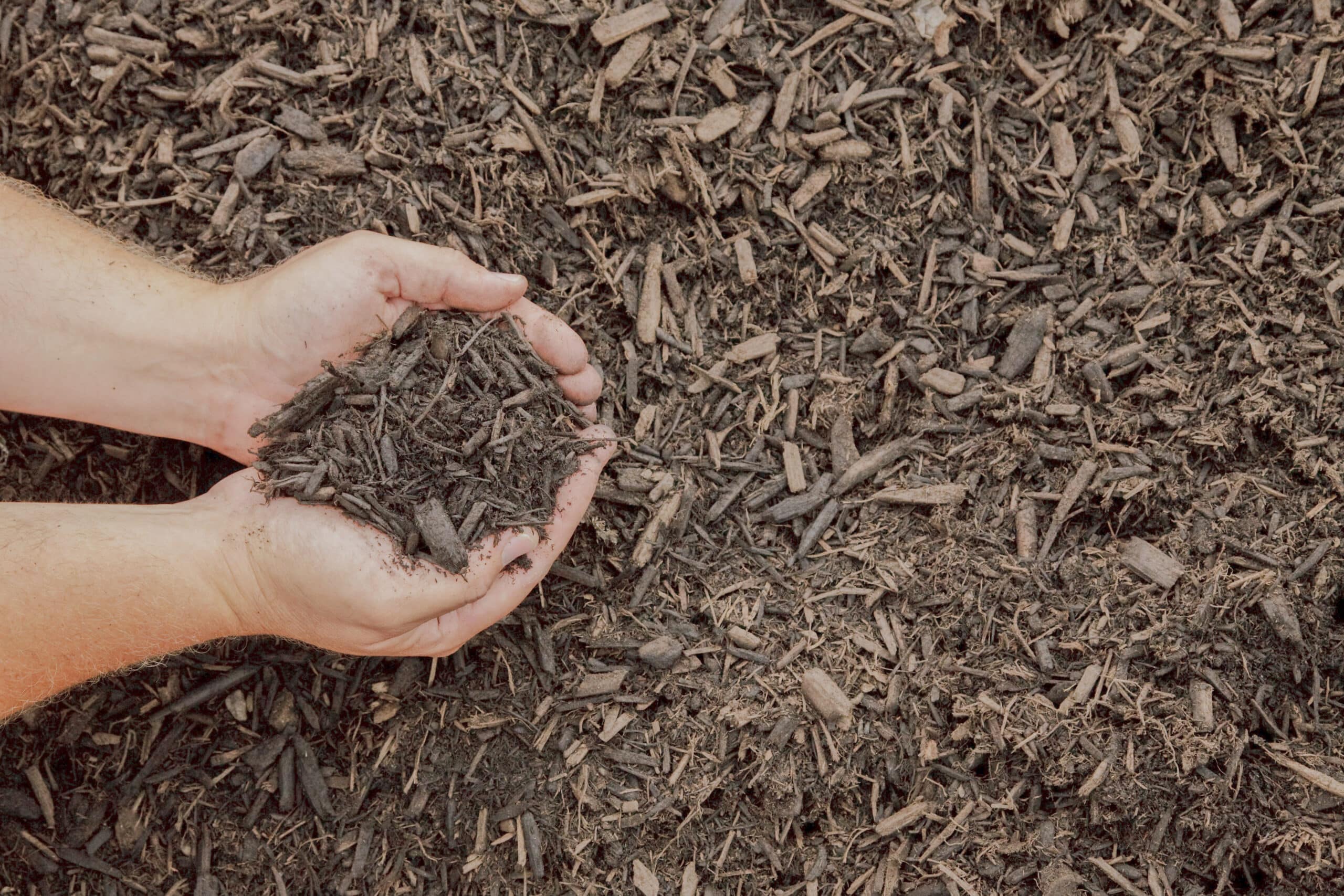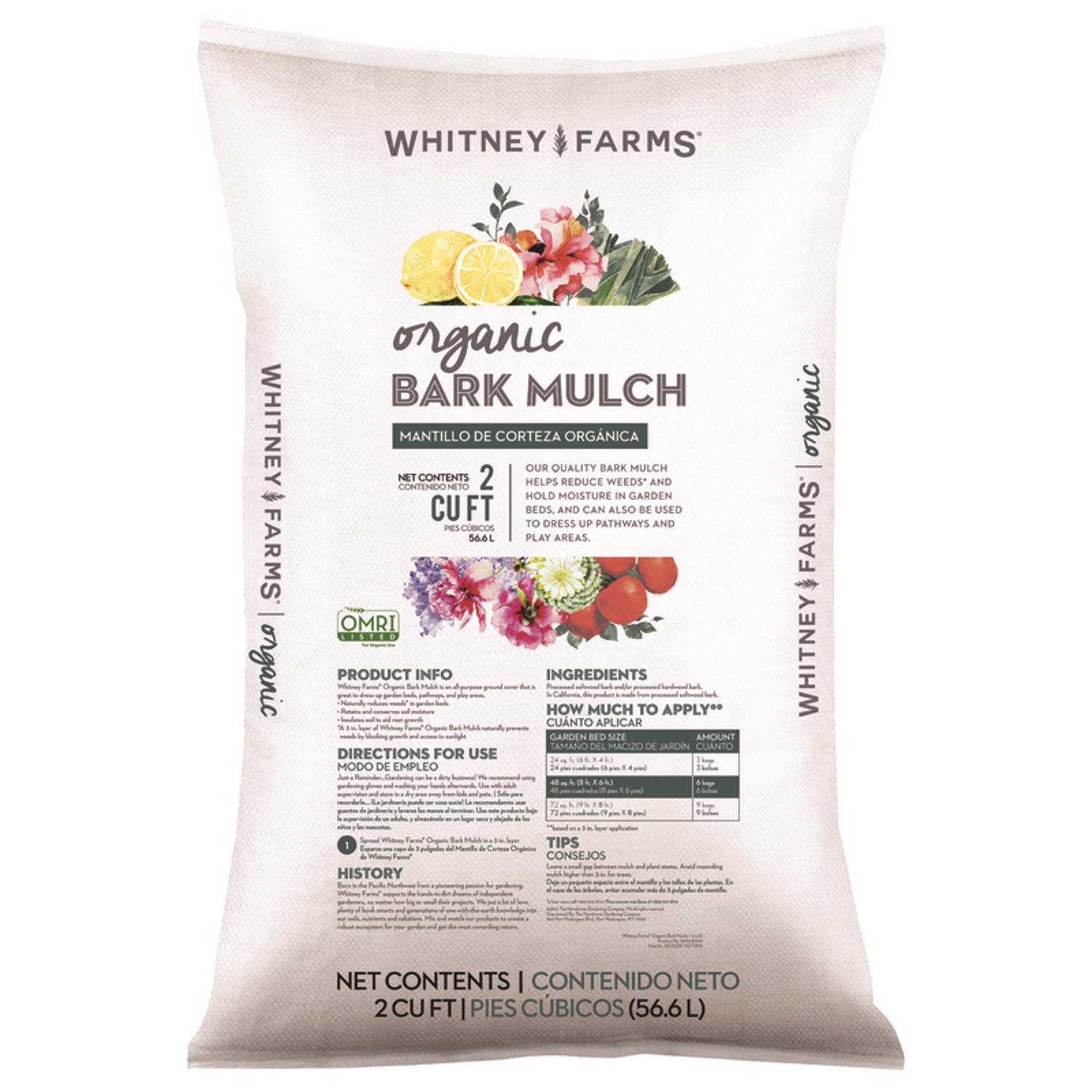Organic Bark Mulch: The Ultimate Guide To Using This Natural Resource
Organic Bark Mulch: The Ultimate Guide to Using This Natural Resource
Organic bark mulch is a natural, sustainable material that can be used to improve the health and appearance of your garden. It has a number of benefits, including:
- Retaining moisture: Bark mulch helps to retain moisture in the soil, which can help to prevent plants from drying out during hot, dry weather.
- Suppressing weeds: Bark mulch can help to suppress weeds by blocking out sunlight and preventing them from getting the light they need to grow.
- Protecting plant roots: Bark mulch can help to protect plant roots from the cold, heat, and pests.
- Improving soil quality: As bark mulch breaks down, it adds organic matter to the soil, which can help to improve drainage, aeration, and nutrient retention.
- Attracting beneficial insects: Bark mulch can attract beneficial insects, such as ladybugs and spiders, which can help to control pests.
In addition to these benefits, organic bark mulch is also a visually appealing way to dress up your garden. It comes in a variety of colors and textures, so you can find one that will complement your existing landscaping.
How to Use Organic Bark Mulch
To use organic bark mulch, simply spread it around your plants in a layer that is 2-3 inches thick. You can use it around trees, shrubs, flowers, and vegetable gardens.
When spreading bark mulch, be sure to keep it away from the base of the plants. This will help to prevent the mulch from smothering the plants' roots.
You will need to reapply bark mulch every year or two, as it will eventually break down.
Where to Buy Organic Bark Mulch
Organic bark mulch is available at most garden centers and home improvement stores. You can also buy it online.
Types of Organic Bark Mulch
There are a few different types of organic bark mulch available, including:
- Pine bark mulch: This is the most common type of bark mulch. It is made from pine trees and has a light brown color.
- Hardwood bark mulch: This is made from hardwood trees, such as oak, maple, and ash. It has a darker brown color and is more durable than pine bark mulch.
- Red bark mulch: This is made from cedar trees and has a reddish-brown color. It is a good choice for areas where you want to add a touch of color to your landscape.
Conclusion
Organic bark mulch is a versatile and beneficial material that can be used to improve the health and appearance of your garden. It is easy to use and available at most garden centers. If you are looking for a natural way to improve your garden, organic bark mulch is a great option.
Organic bark mulch is a great way to improve the health and appearance of your garden. It helps to retain moisture, suppress weeds, and protect plants from the elements. If you're looking for a natural and sustainable mulching material, organic bark mulch is a great option.
There are many different types of organic bark mulch available, so you can choose one that's right for your specific needs. Some popular types include pine bark mulch, cedar bark mulch, and hardwood bark mulch. Each type has its own unique benefits, so do some research to find the best one for your garden.
To learn more about organic bark mulch, I recommend visiting Garden Wiki. This website has a wealth of information on the topic, including what it is, why it's beneficial, and how to use it. You can also find a variety of organic bark mulch products for sale on the website.
I hope this helps!
FAQ of organic bark mulch
Q: What is organic bark mulch?
A: Organic bark mulch is a type of mulch made from the bark of trees. It is a natural, sustainable material that can help to improve the health and appearance of your garden. Organic bark mulch helps to retain moisture in the soil, suppress weeds, and prevent erosion. It also adds organic matter to the soil, which can improve drainage and fertility.
Q: What are the benefits of using organic bark mulch?
A: There are many benefits to using organic bark mulch in your garden. Some of the key benefits include:
- Moisture retention: Organic bark mulch helps to retain moisture in the soil, which can help to keep your plants healthy and prevent them from drying out.
- Weed suppression: Organic bark mulch can help to suppress weeds by blocking out sunlight and making it difficult for weeds to germinate.
- Erosion control: Organic bark mulch can help to prevent erosion by holding the soil in place.
- Improved drainage: Organic bark mulch can help to improve drainage by breaking up compacted soil and allowing water to flow more freely.
- Added organic matter: Organic bark mulch adds organic matter to the soil, which can improve drainage, fertility, and the overall health of your plants.
Q: How do I apply organic bark mulch?
A: To apply organic bark mulch, you will need to spread it evenly over the surface of the soil around your plants. The depth of the mulch should be about 2-3 inches. You should avoid applying mulch too close to the base of the plants, as this can prevent them from getting enough air and water.
Q: How often do I need to reapply organic bark mulch?
A: You will need to reapply organic bark mulch every few years, as it will eventually break down and decompose. The frequency of reapplication will depend on the type of mulch you use and the climate in your area.
Q: What are some of the drawbacks of using organic bark mulch?
A: There are a few potential drawbacks to using organic bark mulch, including:
- Cost: Organic bark mulch can be more expensive than other types of mulch.
- Appearance: Organic bark mulch can discolor over time, and it may not be suitable for all applications.
- Pests: Organic bark mulch can attract pests, such as slugs and snails.
Image of organic bark mulch
- Image 1: A pile of dark brown bark mulch in a garden bed.

- Image 2: A close-up of the bark mulch, showing the different colors and textures of the bark.
- Image 3: A path made of bark mulch, leading to a garden gate.

- Image 4: A flower bed surrounded by bark mulch, with a variety of flowers in bloom.

- Image 5: A tree trunk covered in bark mulch, with a few leaves still clinging to the branches.


Post a Comment for "Organic Bark Mulch: The Ultimate Guide To Using This Natural Resource"